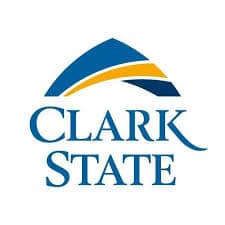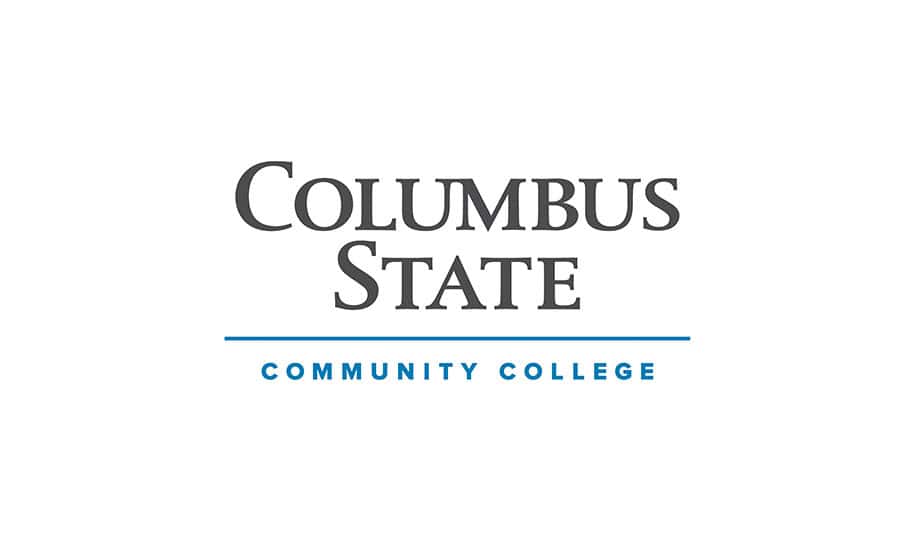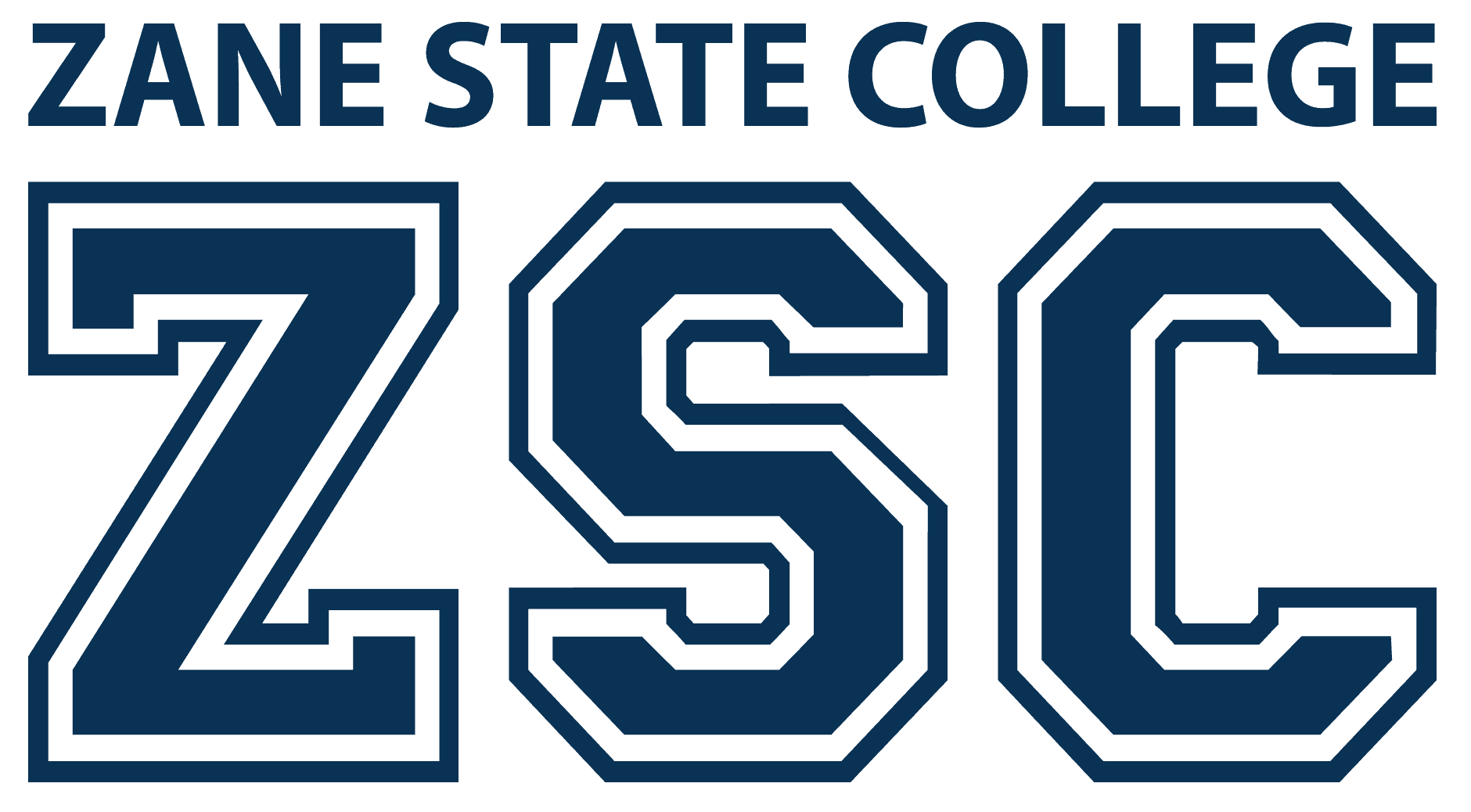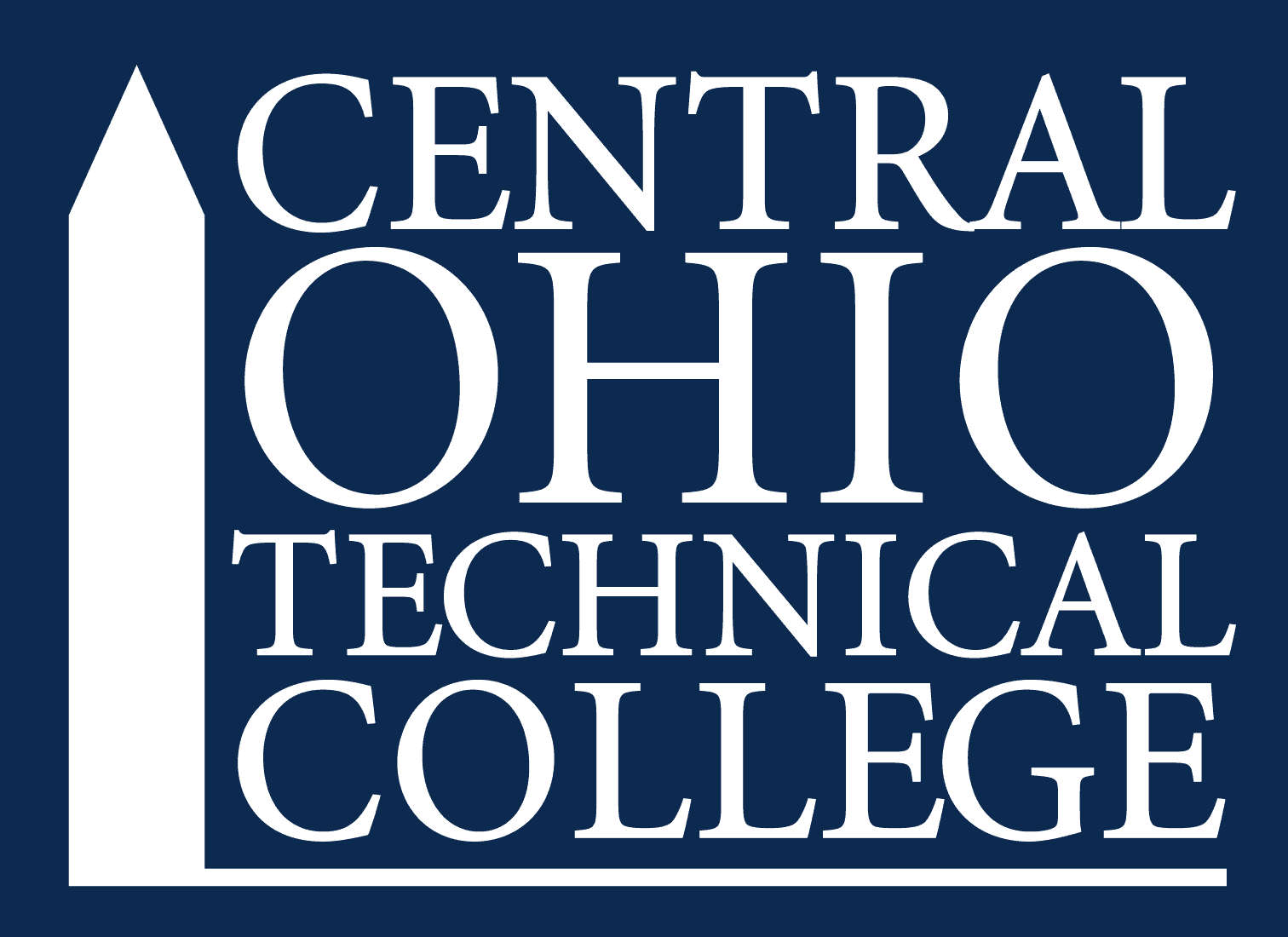MVNU Online
Community College Partnerships
Mount Vernon Nazarene University’s School of College of Adult and Professional Studies (CAPS) has several partnerships with Ohio community colleges and technical schools. A valuable part of CAPS, these relationships smooth out the transition from completing an associate degree at a two-year school to our flexible, primarily online environment for adult learners and allow students to put their hard-earned credits toward a bachelor’s degree.
We currently has articulation agreements with:
The Benefits of Community College Partnerships
For decades now, students who begin at a community college or other two-year institution have been able to complete some courses, if not a full associate degree, and transfer to a four-year university to finish their bachelor’s, applying their credits in the process.
A significant percentage of community college students eventually want to earn a bachelor’s degree, but this often confusing and disheartening process throws a wrench into their plans. As a result, after transferring, community college students end up having to repeat certain courses, spend more time in school, and take out more loans to reach their goal. Most, unfortunately, give up before getting there.
Community college partnerships, like those MVNU has developed with several two-year Ohio institutions, help eliminate many of these roadblocks to help students achieve their educational aspirations:
- Community college partnerships establish a clear course-to-course credit transfer relationship, as long as a student follows a particular path of study. Having direct equivalencies reduces the number of redundant classes and allows students to meet most, if not all, general education and other prerequisite requirements.
- At partnering community colleges, once students declare their major and intention to transfer, they’re set up with an advisor to help them through the next two years, including selecting courses that will easily transfer to MVNU.
- Partnership relationships have been shown to graduate more community college students and lessen the amount of debt they’ll carry. Bachelor’s degree–seeking candidates from partnering schools often start their junior year at a four-year university, instead of in limbo or needing to make up work. In turn, they have a stronger sense of direction and don’t feel the urge to drop out.
- Especially with programs like those offered by MVNU Online, community college partnerships tend to better accommodate non-traditional students, including individuals who don’t have a strong high school record but seek a career; adult learners who went to work right after finishing high school and now want to advance; and those who, due to family and job obligations, can’t attend a traditional university full time.
- Community college partnerships factor in changing labor market conditions. Career paths that once required an associate degree for entry now expect candidates to have a bachelor’s. The arrangement MVNU has with area schools makes this essential credential even more attainable.
Transferring Community College Credits to MVNU
If you have attended one of our partnering schools and are looking to transfer to MVNU, you must:
- Have a minimum 2.0 cumulative GPA for all college-level work completed over the past five years
- Complete an online application
- Send MVNU an official college transcript
- Submit Registration Agreement Form
In addition to transfer credits, applicants may also be eligible to receive prior learning credit (PLC) for qualified college-level or non-traditional education. An enrollment counselor can assist you with requesting transfer and/or PLC credit. To learn more, call 1-800-839-2355 or inquire online.
Learn More About MVNU's Community College Partnership
Do you attend one of the schools listed here, and want to get more details about MVNU’s community college partnerships? Or, are you thinking about pursuing study at a two-year school before earning your bachelor’s degree? Email the Admissions team today to learn more, or contact us by phone at 800-839-2355.








